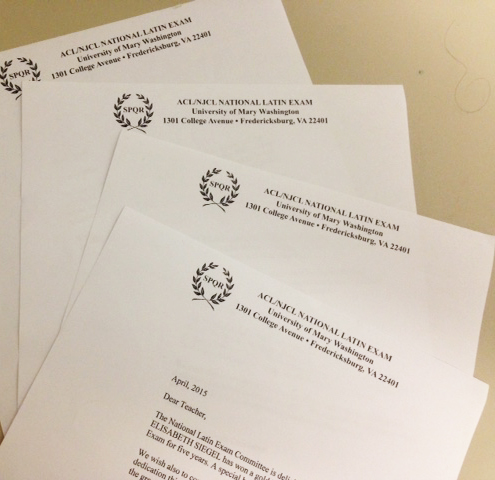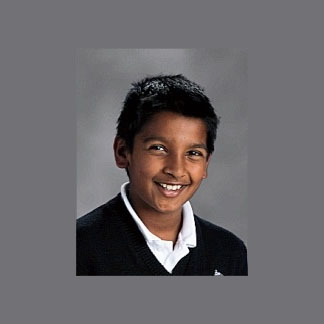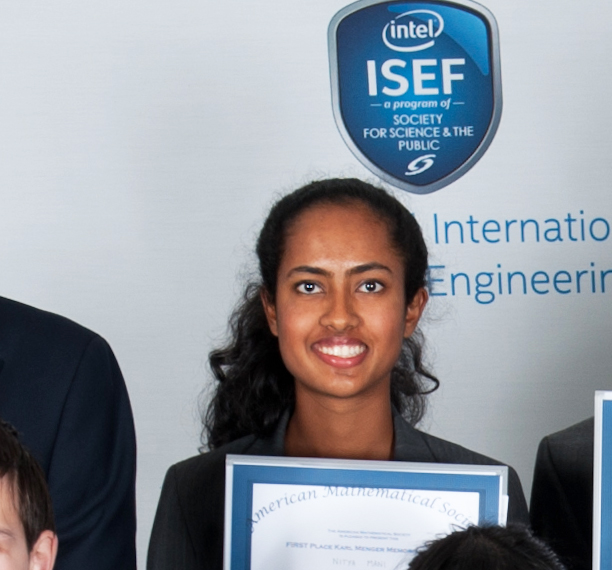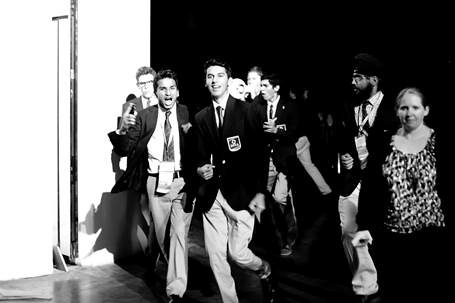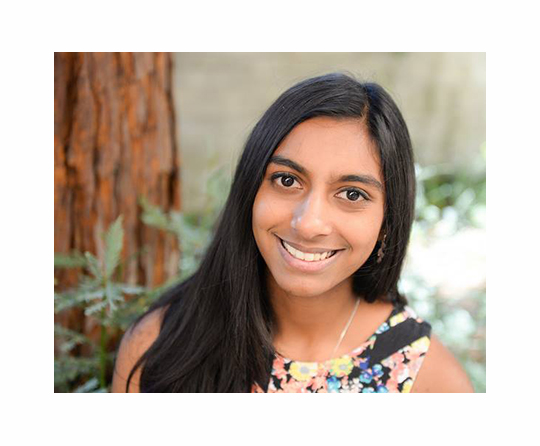Lower, Middle and Upper School Students Recognized by Santa Clara County Alliance of Black Educators
In May, five Harker students were honored by the Santa Clara County Alliance of Black Educators’ 26th Annual Student Recognition Program. Held at the Morris Dailey…

